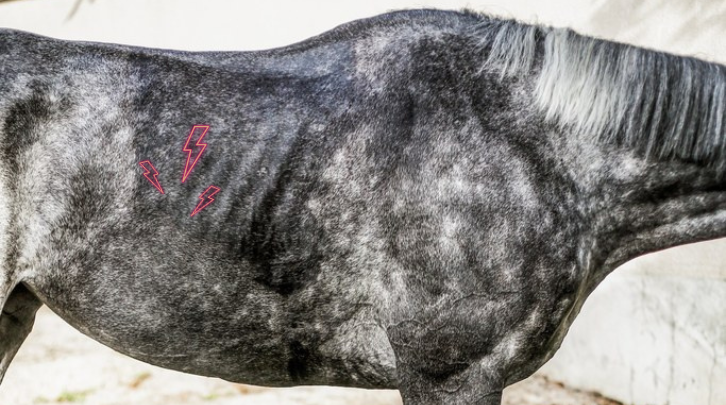
Sep 12, 2024 | Health & Science, Physiology
Accueil 9 Category: Health & Science Gastric ulcers are erosive gastric mucosa lesions caused by hydrochloric acid and mucus production imbalance. This pathology is very common in horses, both adults and foals. But it happens particularly in horses with high...
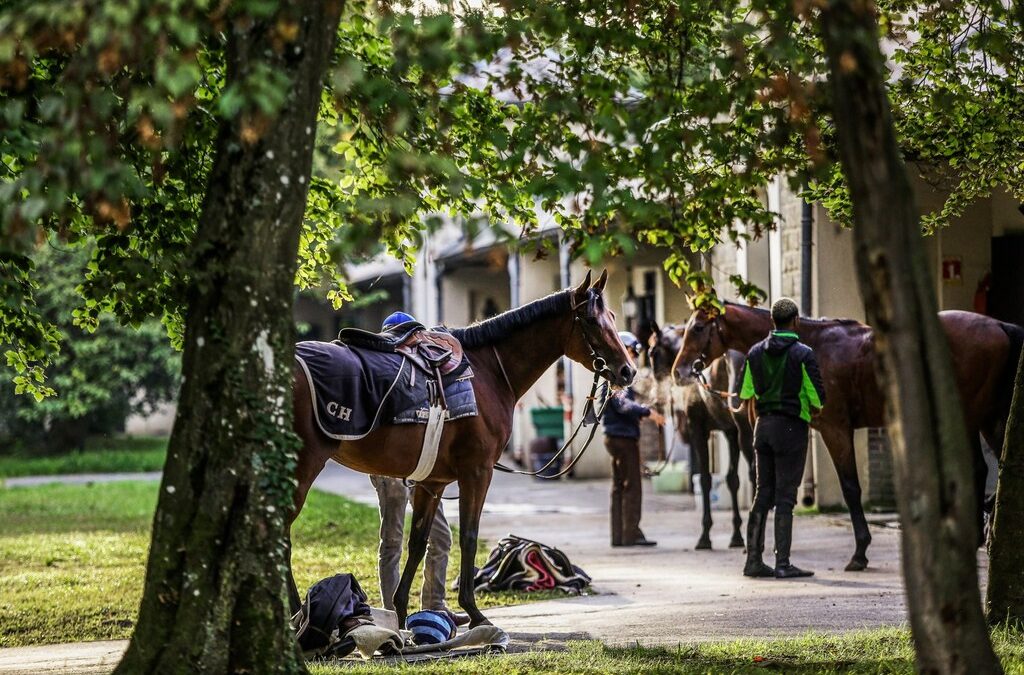
Jun 21, 2024 | Health & Science, Physiology
Home ( Page ) “Stress can be defined as a state of worry or mental tension caused by a difficult situation.” according to WHO It is now a few years since the question of the equine welfare, which can be defined, according to the IFCE (The French Horse and Riding...
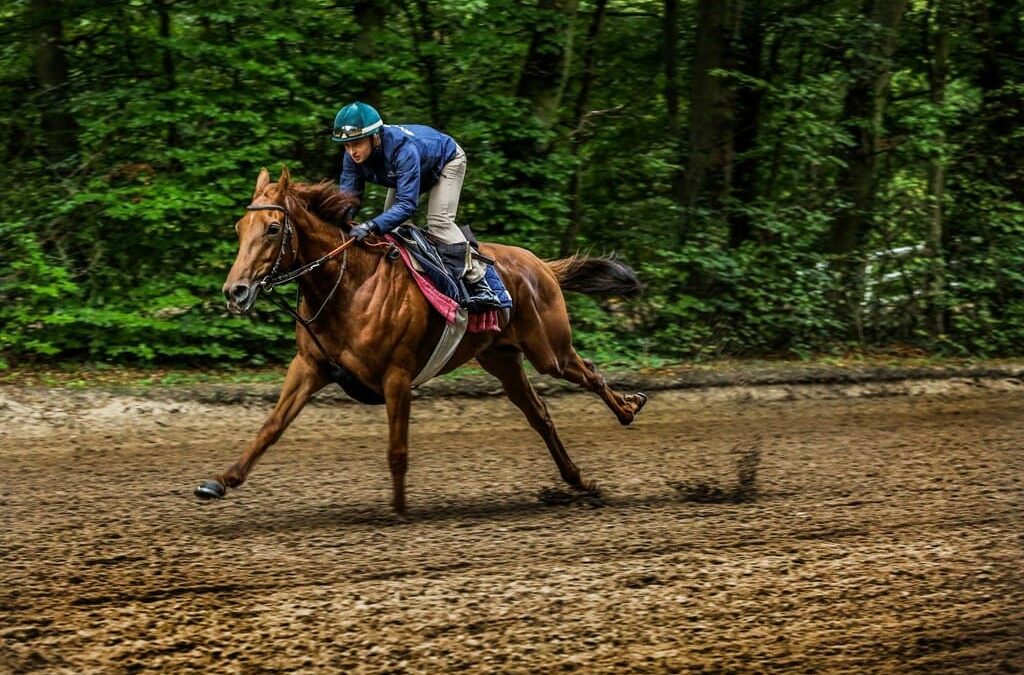
Feb 29, 2024 | Physiology, Racehorse training
Accueil 9 Category: Physiology The horse’s heart weighs 4 kg, is about the size of a basketball and is 25-30 cm long. The horse athlete produces intense efforts during training, and is able to considerably increase his cardiac capacity to adapt it to his...
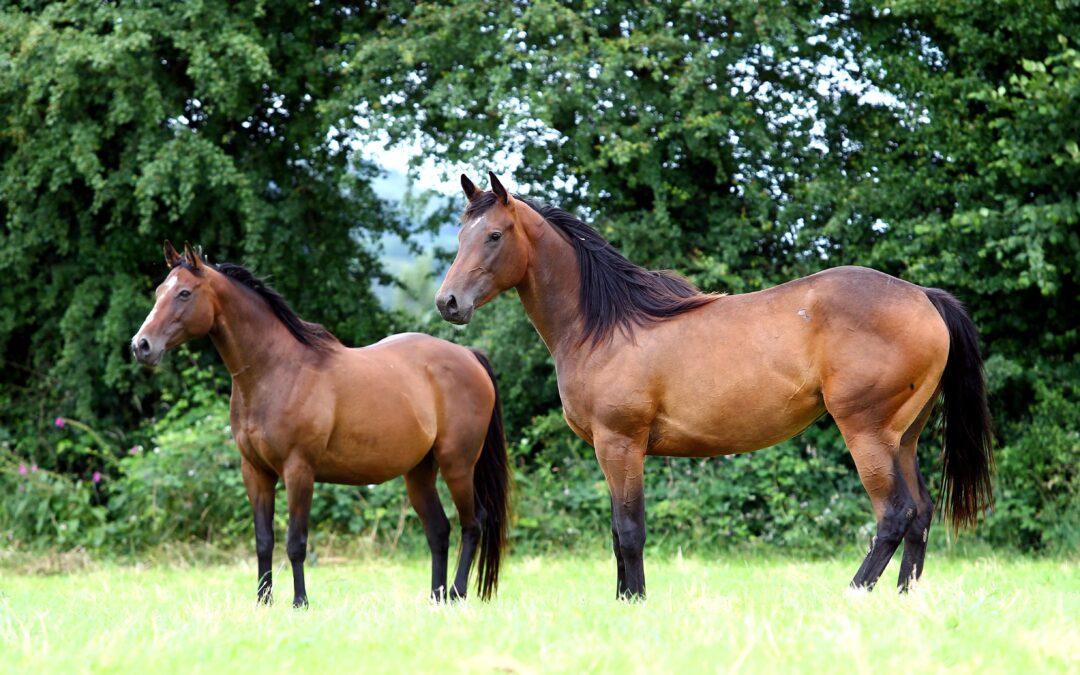
Sep 19, 2023 | Equimetre, Physiology, Racehorse training
Accueil ( Page ) The break in a racehorse is a period of rest. With performance being the key to success, the importance of a proper break for horses may arise. In this article, we will explore in detail the concept of the ‘break’ in racehorses and explain...
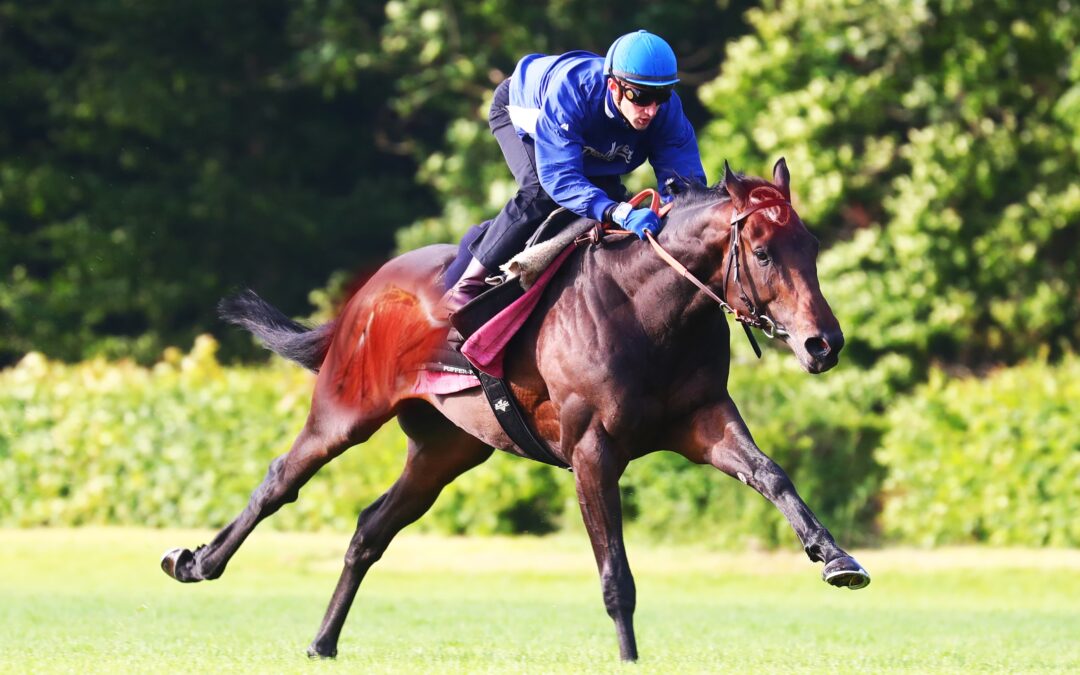
Aug 25, 2023 | Physiology, Racehorse training
Home ( Page ) During training, the horse engages what is known as his muscle memory, so that his muscles are able to carry out the effort almost automatically. However, the source of this memory is not in the muscle, but in the brain. How does muscle memory develop in...
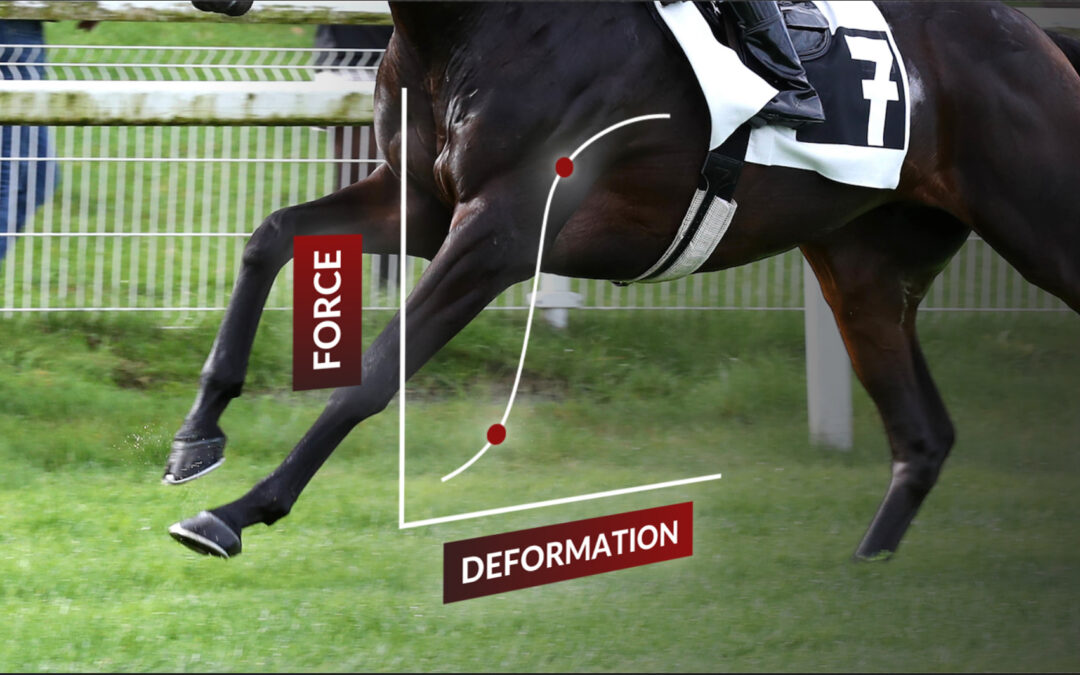
Jul 14, 2023 | Physiology
Accueil ( Page ) The conditioning of the athletic horse takes place through physiological changes. During training, the body adapts to the loads applied to his various skeletal, muscular and cardiovascular systems. How do these different systems adapt? What is the...







